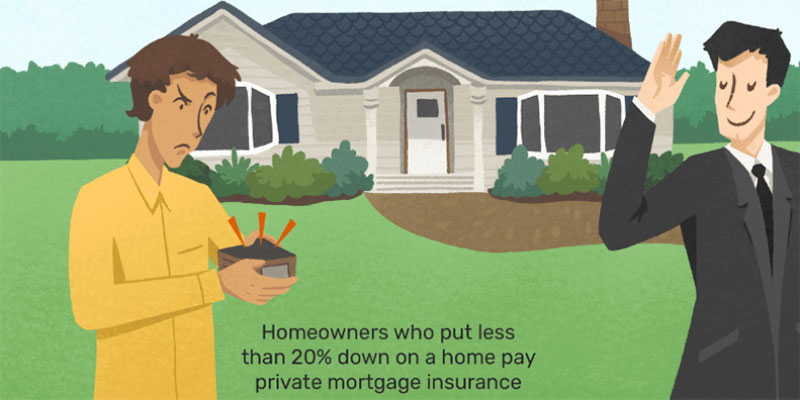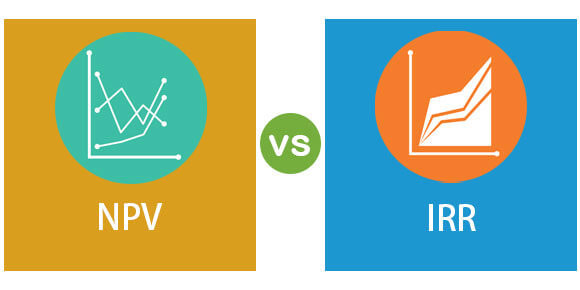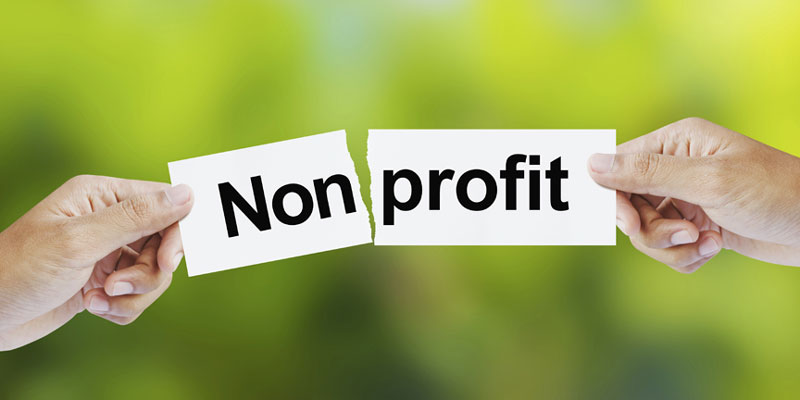When you invest in a home, you should also invest in homeowners insurance. Aside from the insurance that safeguards your interests, you may be required to pay for a policy that protects the interests of the bank or other financial institution that provided you with the funds to purchase your property. Homebuyers whose initial payment was less than 20% of the home's purchase price typically must pay for private mortgage insurance, abbreviated as PMI.
Mortgage loan PMI
The expense of purchasing PMI will eventually decrease. The private mortgage insurance (PMI) on your mortgage can be canceled after your equity in the home reaches 20%, which can be accomplished by either decreasing the loan debt or an increase in the value of the house. If your loan balance is expected to reach 78% of the home's initial matter, the servicer must cancel PMI on that date.
What is the price of PMI?
According to the Urban Institute, the typical range for PMI premium rates is 0.58 percent to 1.86 percent of your loan's principal. Freddie Mac forecasts that the average borrower will pay $30 to $70 monthly PMI rates for every $100,000 financed. Two main factors determine the cost of your PMI policy:
The PMI premium you pay will depend on the size of your initial deposit.
Your LTV ratio will be 95% if you put down 5%. If you put 15% down, your LTV ratio is 85%. You'll have to pay more in PMI if you can only afford to put a small amount down on a home. This is because the lender is taking on more risk.
A measure of your financial standing known as your credit score
The buyer's credit history and score significantly impact the price of private mortgage insurance (PMI). Take the Urban Institute's example of a $250k home purchase where the buyer puts down 3.5%. If your credit score is 760 or higher, you could qualify for a mortgage with an insurance premium included in the monthly payment of $1,164. Due to the much higher PMI fee, the monthly payments for a buyer with a credit score between 620 and 640 are $1,495.
The lender pays for mortgage insurance.

Though having your mortgage insurance paid for by the lender may sound good initially, remember that you will ultimately be responsible for paying for this service. Rather than being added to the total cost of the mortgage as a separate surcharge, the lender is more likely to increase the interest rate and charge you more money upfront to make up for it.
Payment-in-full Mortgage Protection
Single-premium PMI consolidates the full cost of the insurance into a single payment rather than spreading it out over several monthly premiums. Depending on the loan's terms, you can either pay this in full at closing or add the amount to the loan balance.
Your monthly payments will be reduced if you pay them off all at once. But if you sell the house soon after purchase, you can lose more money than you would have saved by paying the PMI.
Discounted Mortgage Insurance Premiums
An option known as "split-premium PMI" requires a bigger, upfront payment to cover a portion of the costs while reducing your monthly expenses.
This option combines the benefits of both single-premium PMI and PMI paid by the borrower. You'll need cash on hand to pay the initial fee, though a little. Your monthly expenses will decrease as a result.
Government-backed Federal Housing Administration mortgage insurance

An FHA-insured loan includes this form of mortgage protection. The mortgage insurance premiums (MIP) are paid annually and, in most cases, cannot be canceled after they have been paid.
You'll have to wait 11 years without a refinance to avoid paying for FHA mortgage insurance. Moreover, even if your down payment was 10% or more, the insurance will not be canceled.
In what ways can I pay my private mortgage insurance premiums?
PMI premiums can be paid following one of three major schedules. Lender-specific alternatives may or may not be shown to you.
One popular practice is to include PMI premium payments with regular mortgage payments. As a result, your annual premiums will be spread across 12 settlements, each of which will be larger than the previous one.
Is there a benefit to investing in PMI?
The primary advantage of paying PMI is that it allows you to buy a home with less than a 20% down payment. According to the National Association of Realtors, the median price of a single-family home in the United States reached $410,600 in July 2022.




